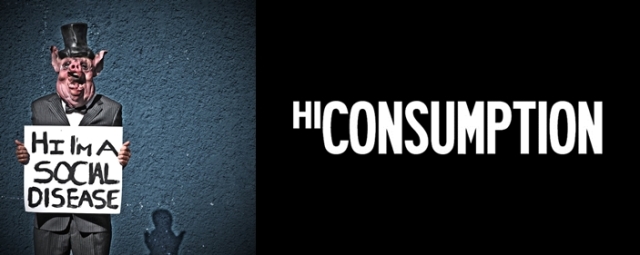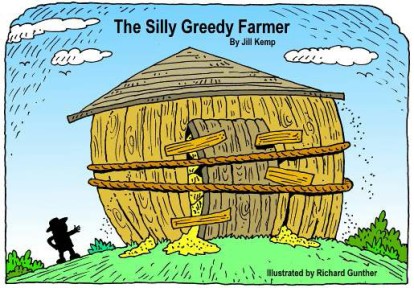
I got a phone call during my engineering shift at KMUD last Friday. “Did I hear you say your name is John Hardin?” the caller asked.
“Yes.” I replied.
“Are you the John Hardin who calls pot farmers ‘maggots’?”

“I don’t think I ever called them ‘maggots.’” I responded, but I did let him know that I am the “Hardin” who writes for LoCO. That seemed to satisfy his curiosity. I imagine that if I stayed on the line, he would have shared his opinion of my writing, but I had buttons to push and cards to read so I kept the call short. I don’t think he was a fan.

I’ve said a lot of things about growers, but I don’t think I ever called them “maggots.” I can understand why growers might feel like maggots after reading my column, but I don’t think I’ve ever called them that directly. I could be wrong. It’s all out there. If you can find it, I’ll admit it, but I don’t think so.

I know that a lot of people around here don’t like hearing what I have to say. I skim the comments. I even get hate mail on occasion. None of it bothers me. I don’t respond to the comments at LoCO because they pay me to write; they don’t pay me to bicker. Besides, the people who object most vociferously to my work, rarely make points worth responding to. They call me names, accuse me of saying things I did not say, and then they drop the “H” bomb.

“Stop the Hate!” or “What’s with the Hate?” or “Why does LoCO publish Hardin’s Hate Speech?” If I hate anything, I hate prohibition. I hate the War on Drugs. I hate it for how it has effected me, and for what it has done to my friends. I hate the War on Drugs for the economic injustice of it, as well as the criminal injustice of it. I hate the War on Drugs for what it’s done to the American people, and to people around the world. I hate the War on Drugs for what it has done to this country, and I hate what the War on Drugs has done to this community.

I was out there with Jack Herer, in 1990, selling The Emperor Wears No Clothes on the streets of Boston. I helped organize the first Boston Cannabis Freedom Rally that year, and founded Mass Grass, the Newsletter of the Massachusetts Cannabis Reform Coalition. I love marijuana, and I think cannabis prohibition is a crime against humanity. OK, I admit it. I hate. I hate the War on Drugs. I hate the War on Drugs almost as much as I love marijuana, but the critique I offer is valid.

I understand that the War on Drugs has been good to some of you, and that many, if not most of you, can scarcely imagine a world without it. I understand, and I sympathize. I tell the truth about the War on Drugs, and sometimes the truth hurts. I might say it in the most provocative and insensitive way possible, but it’s still the truth. That’s what makes it sing, and that’s what makes it sting.

I know that a lot of dope yuppies don’t like to be reminded that it’s not beautiful marijuana, but the ugly injustice of the War on Drugs that puts money in their pockets. I know they’d rather be called “farmers” than “drug dealers,” and that they would appreciate some respect, but I think that there are entirely too many people sucking up to them as it is.

At one time, it was heroic to grow weed out here. Today, it’s heroic not to. Today, we need more heroes in this community, and we aren’t going to grow more heroes by glorifying drug dealers and sucking up to them. We grow more heroes by telling the truth about the War on Drugs. We grow more heroes when we call drug dealers on their bullshit, and we grow more heroes when we honor honest working people with a decent living.

However legalization shakes out, we’ll feel it here, and we can expect significant economic fallout. Competition in the cannabis industry will continue to drive down prices, and profit margins. Lower margins lead to consolidation, consolidation leads to layoffs and unemployment. Even if the legal cannabis industry makes Humboldt its home, it will certainly employ fewer people than it does now, and most of those people will work at fairly modest pay scales.

I don’t think I’ve ever called growers “maggots.” I might have said they seem like maggots. I might have said something like, “Growers infest these forested hills the way maggots infest an infected wound on a dying animal.” I might have said something like that, and if I haven’t said it before I’m sayin’ it now. Either way, I say it because it needs to be said.

This community faces serious problems and imminent rapid change that threatens our way of life, our quality of life, and our community. Unless we can face reality, we will never solve anything. We’ll just keep pointing fingers, getting frustrated, and acting ugly, like we’ve done for years, to no avail. This stuff all needs to be said, and I figure, if it needs to be said, I might as well say it.




























